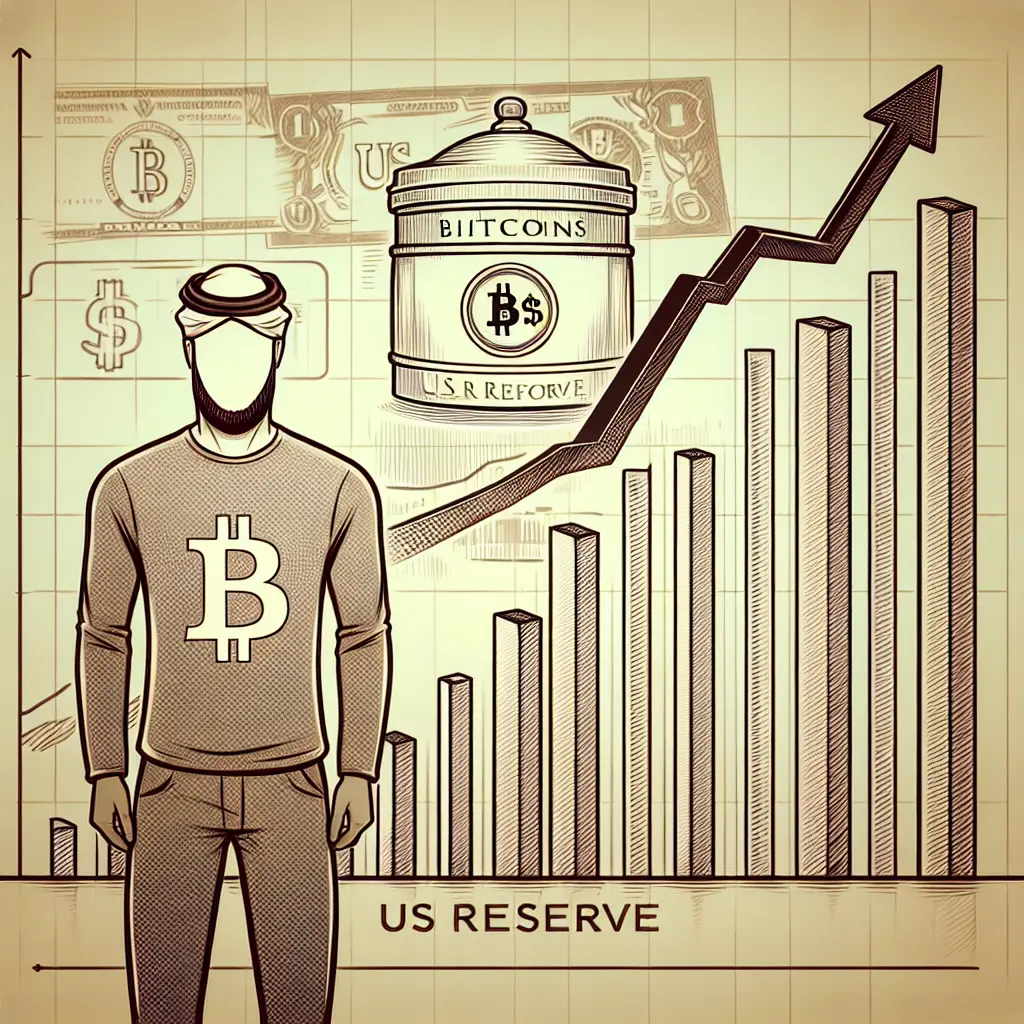In recent years, Bitcoin and the broader concept of cryptocurrency have been at the forefront of discussions about financial technology. However, beyond their novelty and surging market values, there's a more profound narrative unfolding. Bitcoin is becoming a pivotal tool in the fight against economic inequality, offering unparalleled financial solutions that could reshape global wealth distribution. This blog post delves into how Bitcoin is driving financial inclusion and reducing economic disparities, amidst a backdrop of recent high-profile news events.
Economic inequality remains one of the most divisive challenges facing the world today. However, Bitcoin’s inherent properties such as decentralization, accessibility, and transparency offer unique opportunities for financial empowerment. Unlike traditional banking systems, Bitcoin enables universal access to financial services, even for people in remote or underserved regions. This aspect of Bitcoin accessibility is crucial in developing countries where conventional banking is limited or non-existent.
The impact of cryptocurrency on financial inclusion cannot be overstated. Blockchain technology facilitates decentralized finance (DeFi) platforms that extend services like lending, borrowing, and investing to those without access to traditional banks. This democratization of financial services is a significant step towards reducing the wealth gap. For instance, small business owners in developing countries can receive microloans via Bitcoin, bypassing the high barriers set by traditional financial institutions.
There's compelling evidence to suggest that Bitcoin can play a substantial role in poverty alleviation. By providing a platform for secure and low-cost remittances, Bitcoin allows migrants to send money back home without the exorbitant fees charged by traditional banks. This increase in the disposable income of families can significantly contribute to poverty reduction in their communities.
The broader Bitcoin economic benefits are multifaceted. For example, Bitcoin provides a hedge against inflation - a critical factor in protecting the savings of those in inflation-prone economies. Moreover, its global nature eliminates the problem of currency conversion for businesses operating in multiple countries, fostering smoother international trade.
Bitcoin in Developing Countries
In developing nations, where economic disparities are often most acute, Bitcoin offers promising solutions. Its adoption provides an alternative economic system that operates parallel to the often unstable local currencies and banking infrastructures. Reports from Zimbabwe and Venezuela show how Bitcoin has become a stabilizing force, allowing citizens to preserve their wealth amidst hyperinflation.
Recent news impacting Bitcoin's role includes various high-profile developments. For example, Donald Trump expressed intentions to make the U.S. a 'Crypto Capital' and a Bitcoin superpower. Such developments could significantly influence global cryptocurrency regulations and adoption, potentially affecting its role in economic equality. Moreover, the investigation into Craig Wright over perjury allegations concerning his claim of being Bitcoin’s creator could impact public trust in cryptocurrencies. Trust is a critical component in the adoption of any financial system, especially one as novel as Bitcoin.
Despite its potential, Bitcoin's role in reducing economic inequality faces challenges. Volatility, regulatory uncertainties, and issues like digital literacy in developing countries are significant hurdles. Moreover, events like the assassination attempt on Donald Trump followed by a surge in Bitcoin value illustrate how geopolitical events can unpredictably affect the market.
Bitcoin is more than just a digital currency; it's a revolutionary tool that has the potential to level the economic playing field globally. By enhancing financial inclusion, providing economic benefits, and empowering individuals financially, Bitcoin stands out as not just a technological innovation but as a beacon of hope for reducing global economic inequality.
Empowering Economies with Bitcoin
In embracing this digital currency equality, it is crucial for policymakers, businesses, and individuals to foster an environment that supports the safe adoption of cryptocurrencies while addressing the associated risks.
As we continue to navigate these evolving landscapes, let us remain optimistic about the possibilities that Bitcoin and blockchain technology present in crafting a more equitable world economy.
Empowering economies, one block at a time.










Leave a Comment